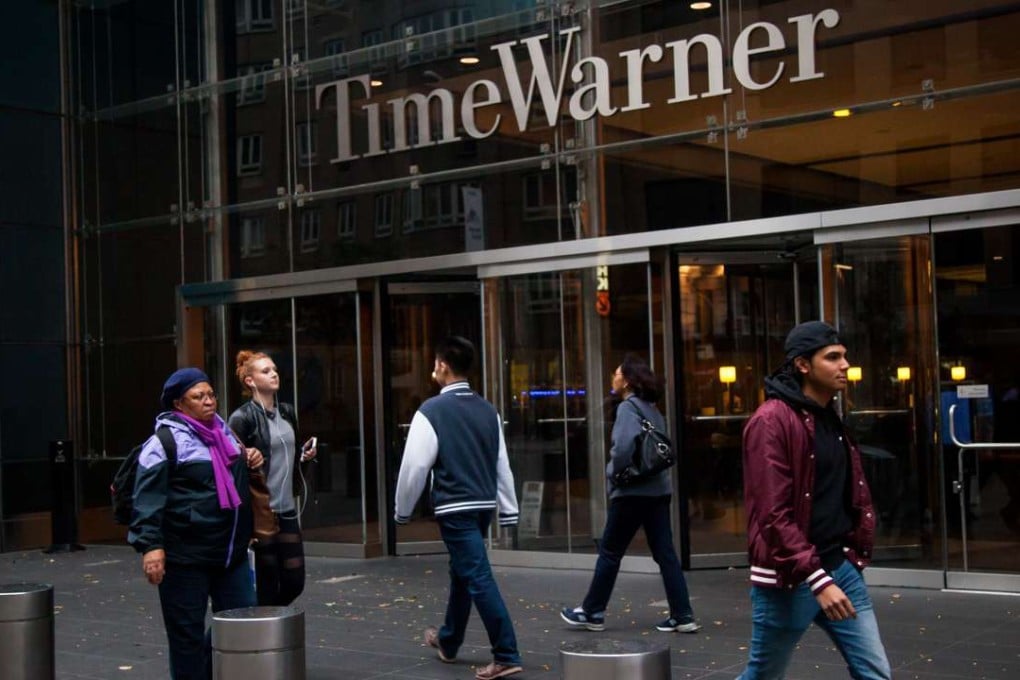Managers should resist the growing temptations of becoming a one-stop shop
If AT&T succeeds in gobbling up Time Warner, then there would be no art in the deal as it would be the merger of two businesses at different stages of development

In what amounted to the biggest deal of the year, the American telecommunications conglomerate AT&T sought to purchase Time Warner, owner of Warner Brothers, HBO, and a trove of hit films and television shows, for a whopping US$85.4 billion. To put that amount into perspective, when HP stunned the world by announcing its intent to acquire rival Compaq in 2001, approximately US$25 billion changed hands to create the world’s largest computer company. In another example, Sony paid a mere US$2 billion for CBS records and US$3.4 billion for Columbia Pictures in the 1980s.
“Premium content always wins,” said AT&T chief executive Randall Stephenson. “It has been true on the big screen, the TV screen, and now it is proving true on the mobile screen.” Rather than focusing on the traditional market consolidation of direct competitors (imagine CSL buying SmarTone), AT&T bet on vertical integration, the merging of two businesses at different stages of development (imagine PCCW integrating TVB).
By backward integrating content provider Time Warner, AT&T might “curate content differently, begin to format content differently for these mobile environments,” the chief executive argued. “The world of distribution and content is converging, and we need to move fast.”
Nonetheless, content exclusivity rarely works, either due to government regulations or market pressure. By the mid-2000s, Sony had solidified its leading position as the world’s largest film company and second largest music company after Universal. Sony’s obsession with becoming a leading content provider dated back to its defeat in the videotape format war in the 1970s. Although Sony’s Betamax had superior picture quality, the VHS format developed by JVC and Matsushita became the favoured format in Hollywood. Sony executives believed the company could have beaten its rivals and dominated the video cassette recorder (VCR) market if it had owned an extensive video library upfront.

That logic was flawed, however. Sony’s elusive quest for synergy between content and consumer devices didn’t prevent Sony from being eclipsed by Apple’s iPod and iTunes. The greater success of Apple, Netflix, and Spotify has more to do with better service, greater variety, and lower prices than its exclusive content. Even if regulators do not impose constraints on competitive grounds, Time Warner no longer has full control over some of its top franchises, including Harry Potter and Fantastic Beasts, whose TV rights are also owned by Comcast’s NBCUniversal.
